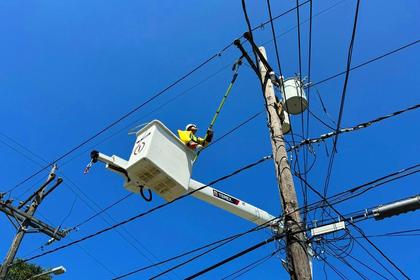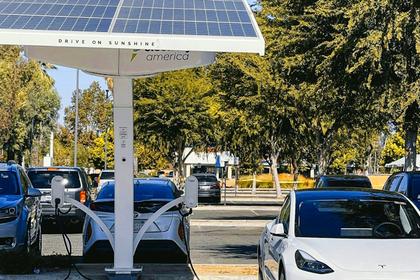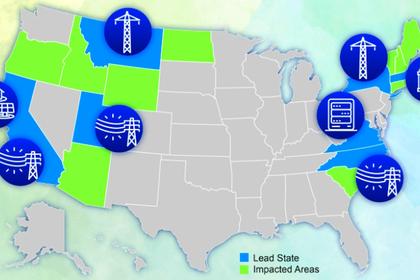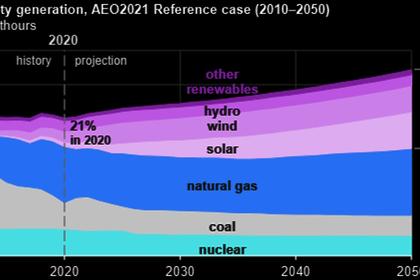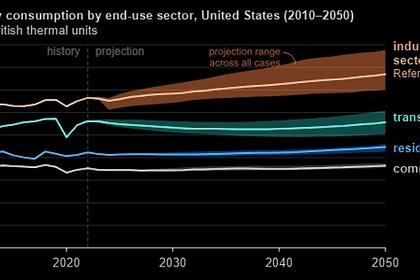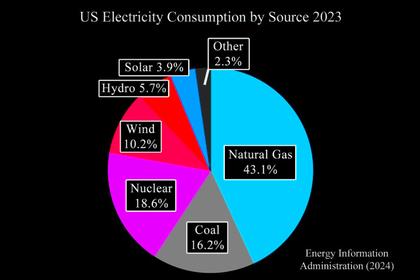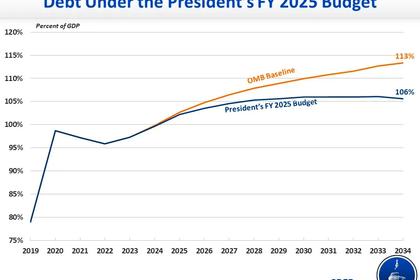
U.S. ENERGY SHORTAGE

By Llewellyn King Executive Producer and Host, White House Media, LLC
ENERGYCENTRAL - Nov 11, 2024 - I would like to lay before you two powerful myths that are very present in the United States in this post-election hiatus.
The first is that business people, because they have had a record of making money, will be good at running the government.
The second is that because one has been a successful inventor, one can fix everything.
No president, including Donald Trump in his first term, has been able to apply the harsh lessons of business to the infinitely complex task of taking care of all of the people.
Equally, inventors can’t invent the nation out of every challenge; they fail more often than they succeed. If Elon Musk had launched his Boring Company before Tesla, he likely wouldn’t be known today.
No one should underestimate the genius of the man. Just think of the engineering feat of Musk’s SpaceX “catching” the first-stage booster of its Starship megarocket as it returned to the launch pad after a test flight.
But that doesn’t mean Musk is qualified to overhaul the government or that he will have a simpatico relationship with Trump for long. Trump has suggested that Musk will be the architect of a new streamlined government. Maybe.
The Trump-Musk entwining of two myths isn’t likely to endure.
Trump, always used to getting his way, will come into office with the knowledge of where he failed the first time. He will take control as though he had won the nation not at the ballot box, which he assuredly did, but in a takeover battle, and he will do with the company he has bought what he will. He found that hard to do the first time, but he is better-equipped this time with a substantial mandate that he will employ.
Even though he has been designated by Trump as an agent of change, Musk is unlikely to last.
Musk won’t bow to Trump for long. He is like Rudyard Kipling’s cat: He walks by himself, alone and capriciously. He embodies many of the strengths and limitations that marked the late Howard Hughes: vision and willful eccentricity.
Trump has disparaged electric cars and renewable energy, two of the cornerstones of the Musk empire. Musk is a man who dreams of a future that he can invent, with automated cars, space habitation, and solar power dominating electric supply.
Trump’s vision is not soaring. It is a backward look to a time that has passed. It is a vision which recalls the Reader’s Digest view of America in the heyday of that magazine, wholesome, patriotic, simple but fundamentally unreal.
The first crisis that might divide the two men, and challenge the Trump administration, is energy.
An electricity shortage is bearing down on the nation and there are no easy fixes. Trump has laid out an energy policy that would emphasize oil and gas drilling and environmental controls and curbs on the rate of wind generation deployment.
None of that will get us through the impending crisis as the demand for more electricity is surging. It is driven by more electric vehicles, greater use of electricity in manufacturing, and by the huge and seemingly limitless demands of data centers being built across the country to serve the needs of a data-driven, AI economy and its relentless electricity demand.
The fixes for the electricity shortage are all just over the horizon: new nuclear plants, more solar and wind, more transmission, and a more efficient use of the generation we have at hand.
The most immediate fix is a so-called virtual power plant which coordinates energy saving with new sources, like rooftop solar and surplus self-generation at industrial facilities, under the rubric of distributed energy resources. That is already underway and beyond that looms the potential of blackouts.
California and Texas, along with parts of the Midwest, are precariously balanced. Any severe weather interruptions, like extreme heat or extreme cold, and the electricity supply could fail to meet demand.
Trump is likely to react with fury and to lash out at renewable energy (solar and wind) and electric vehicles. In a way, he will be blaming his new best friend, a principal creator of the current electric landscape, Elon Musk.
The myths will unravel, but the underlying truth is that we are going to have five or more years of acute electric shortage without a quick fix, from an inventor or a businessman.
-----
This thought leadership article was originally shared with Energy Central's Utility Management Community Group. The communities are a place where professionals in the power industry can share, learn and connect in a collaborative environment. Join the Utility Management Community today and learn from others who work in the industry.
-----
Earlier:
